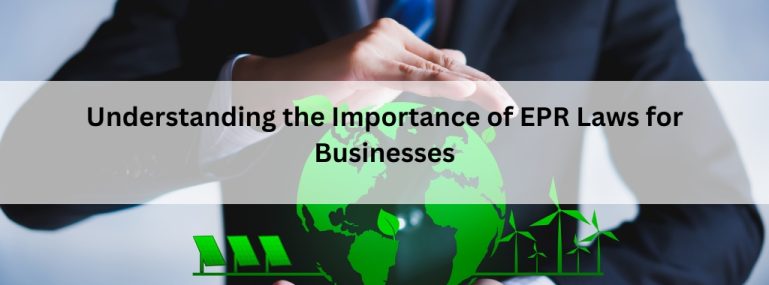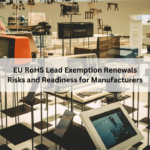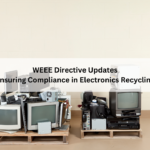Extended Producer Responsibility (EPR) laws reshape waste management in the U.S. by shifting the financial and operational obligations of packaging waste disposal from local governments to producers. EPR requires companies that manufacture, package, and sell consumer goods to pay fees for the waste their products generate.
Extended Producer Responsibility (EPR) laws are crucial for businesses because they shift the responsibility of waste management from consumers and governments to producers. The law encourages businesses to design products that are easier to recycle, reducing waste and pollution.
EPR is a critical tool in advancing the circular economy by keeping materials in use longer and designing out waste. The responsibility under this law can be managed individually or via Producer Responsibility Organizations (PROs), which often set minimum recycling or recovery targets.
Any company selling in the U.S., including foreign companies selling online, must comply with EPR laws. Seven states have already introduced EPR legislation, including California, Colorado, Maine, Maryland, Minnesota, Oregon, and Washington. In states like Colorado and Oregon, companies that package and ship products into the state are also considered producers of the shipping packaging.
Producers are required to join a Producer Responsibility Organization (PRO) that collects producer fees, manages recycling programs, and ensures compliance with EPR laws. Importers, distributors, and retailers that import products into EPR-regulated states are also required to comply with EPR laws. Producers must pay eco-modulation fees based on their product packaging.
ComplianceXL provides EPR compliance consulting services and supports companies in meeting new regulatory requirements, including those from the EU. We also help our customers maintain their suppliers’ certificates and declarations on a regular basis to ensure they remain current, as part of a robust compliance data management strategy.
FAQs:
1. What is an eco-modulation fee in EPR requirements?
Variable fees that producers are required to pay based on the sustainability of their product packaging.
2. What are the challenges in implementing EPR programs?
Challenges include complex producer identification, compliance tracking, design standardization, and establishing efficient collection systems.





